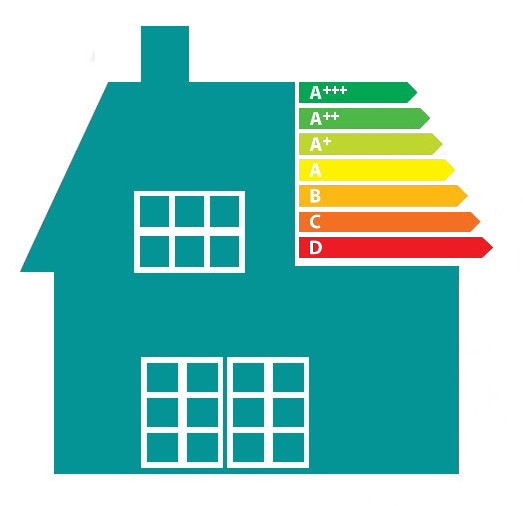At the same time the Spanish government was publishing the Real Decreto 56/2016, of February 12th, relative to energetic efficiency and audits to big companies as a transposition of an European directive, last February 16th the European Commission published a report addressed among others to the European Parliament. The purpose of this report is driving a strategy for a more efficient and sustainable heating and cooling system for all the territory.
Apart from the well-known interest to derivate to renewable energy sources and less energy dependence, this report focuses on final consumers. Consumption on heating and cooling represents 50% of the final energetic consumption (data from 2012). 45% out of this belongs to residential and the rest corresponds a 37% to industry and 18% to services. Unfortunately a huge part of this consumption is lost. The main objective of the report would be a decrease on consumption through an improvement on efficiency, by three means: a better building isolation, the renewal of heating and cooling equipments and an increase of automation.

Only the newest buildings are properly isolated. Two third parties of European buildings were constructed when efficiency requirements were scarce. The lack of knowledge about the consumption saving after isolation and the low budget of final users are some of the reasons why residential buildings are not adapting to thermal isolation for walls and ceilings or by a proper glazing, among others. Bigger information, an appropriate legislation and a financial support from governments (public aids, tax reliefs) become indispensable for driving this sector.
Regarding the renewal of heating and cooling elements, except for integral remodeling or new constructions, renovation happens only when equipment breaks down, so substitution is done with celerity and poor knowledge of the most appropriate system. It is worth it to leave on a specialist’s hands the analysis of the different ways of heating and cooling home, so investing in a system profitable at medium term.
Automation is another of the factors to be taken into account. New technologies are opening lots of possibilities regarding a proper heating and cooling in real time, considering temperature, humidity, year’s season or the number of people within home at a precise moment.
As per industry, which dedicates to heating and cooling 73% of its total energetic consumption, it is squandering a huge part of the generated energy and report brings up the possibility of establishing synergies with other entities in need of heat sources to whom derivate its residual heat. The report suggests not only encouraging public investment but also private investors’ action.
Grown potential of all these sectors is obvious, and the strategy contemplated by the European Union will bring benefits not only environmental but of economic and labor type.
